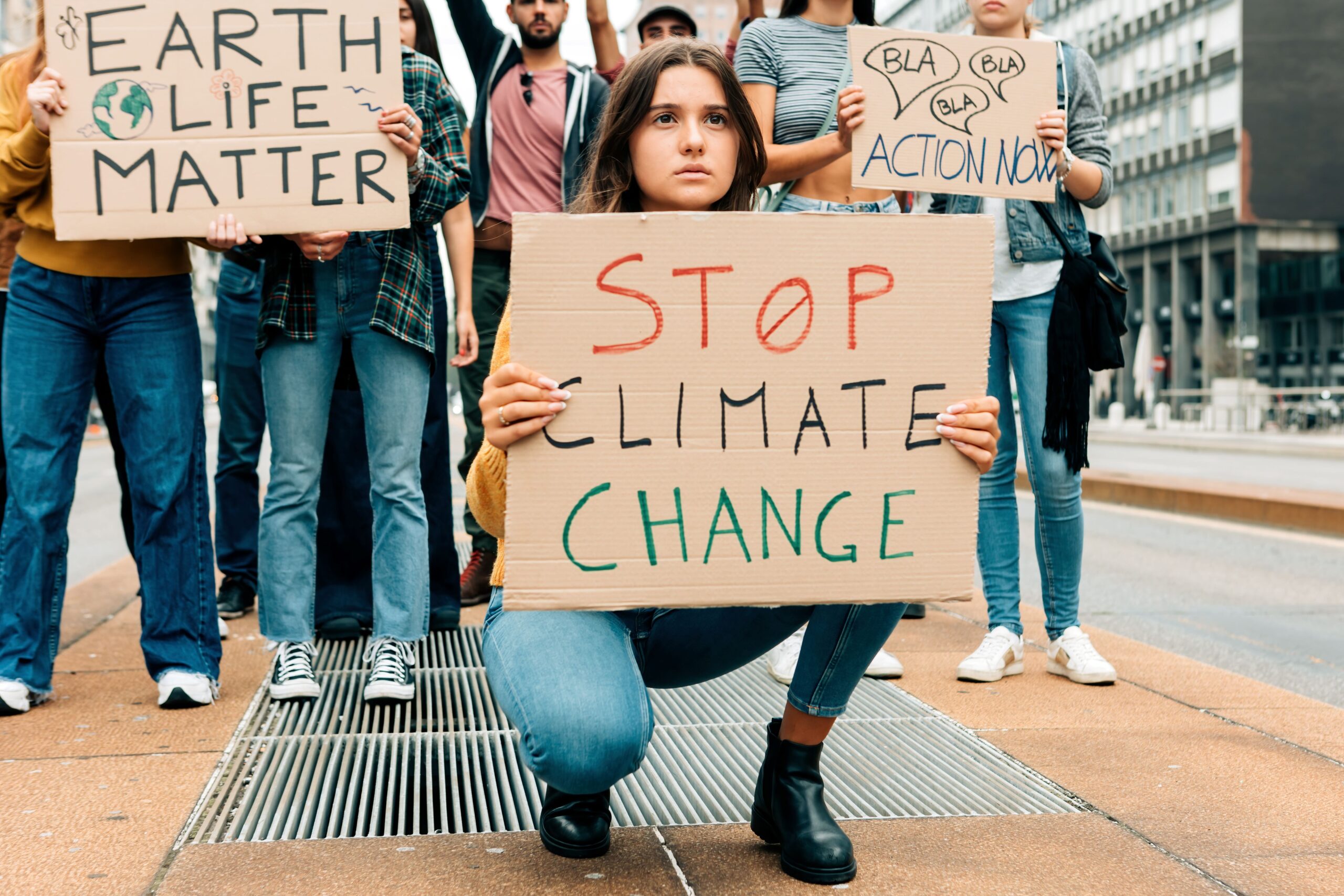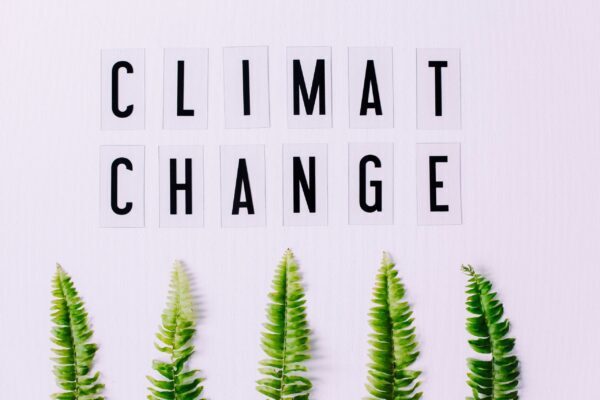Our main character is named Maria. That day, she was late for work. The train stopped between stations, the air conditioning turned off, and passengers opened the windows and began fanning themselves with folders. The loudspeaker announced that the power outage was caused by an overload, as the city had been experiencing temperatures above 38 degrees for six days. Maria closed her eyes and tried to remember when the heat had stopped being just heat and become something more.
Since then, she had begun to notice strange things: the green grass in the park had dried up in May, her son had started having allergy attacks, which he had never had before, and her favorite wine had suddenly become more expensive. This was the beginning of her personal conversation with a topic that she had previously considered distant. This is how your conversation will begin if you don’t start it yourself.
Read also: The Role of Soft2Bet: Development of Technological Products (Backend, Frontend, DevOps) in the iGaming Sector
Climate change is no longer a theory. Today, it is a fact. The only question is what role you will play in this story. Below, we have compiled 10 reasons to start caring about the environment that will not leave you indifferent.
Animals are losing their homes
Global warming is causing habitats to disappear. Snow leopards cannot climb remarkable rocks, and polar bears must travel longer distances for ice. Sea turtles are facing temperature imbalances that affect their ability to reproduce. Ecosystems are being destroyed, and entire species are threatened with extinction.
Coffee is becoming a luxury
The climate affects coffee yields: rising temperatures and unstable rainfall reduce volumes. New plant diseases are emerging, and pests are spreading to regions where they did not previously thrive. Some varieties are already losing their familiar flavor characteristics. Prices are rising, and the availability of this familiar beverage is declining.
Corals are dying
Coral reefs are among the most sensitive ecosystems. Even a slight increase in water temperature causes stress and discoloration in corals. Ocean acidity is also increasing due to rising CO₂ levels in the atmosphere. Without reefs, tourist attractions and thousands of marine species that depend on this environment disappear.
Water is disappearing
Glacial melt, changes in precipitation patterns, and more frequent droughts are exacerbating the problem of access to fresh water. In some regions, water is becoming a strategic resource and a source of conflict. Urban infrastructure is struggling to cope, and agriculture is losing stability. Water, once taken for granted, is becoming scarce.
Politicians make promises, but the consequences are growing
Floods, heat waves, and severe storms are becoming commonplace. Emergency services are overwhelmed, and insurance companies are recording record losses. Instead of systemic solutions, we hear promises and short-term measures. The sight of officials in rubber boots has become a symbol of reaction rather than prevention.
Forests are disappearing
Tropical forests play a key role in stabilizing the climate. They absorb carbon dioxide and support biodiversity.
However, they are being cut down for agriculture, often illegally. This has a double effect: reducing the planet’s “green lungs” and increasing emissions from logging and burning wood.
We are breathing worse
Rising temperatures and emissions are worsening air quality. Polluted air is causing an increase in chronic diseases, from asthma in children to cardiovascular disease in adults. People living in cities with heavy traffic and industrial activity are particularly vulnerable. Air is becoming a risk factor rather than a source of health.
Technology offers a chance
The development of renewable energy sources is an economic necessity. Wind and solar power stations reduce dependence on fossil fuels. Developing innovative heating, transport, and construction solutions helps reduce the carbon footprint. These technologies create jobs and shape the new face of cities.
This is global
Climate change knows no borders. Countries with different income levels face the same risks: crop failures, migration surges, and rising food prices. Traditional trade and logistics models are becoming vulnerable. This affects rural communities in Asia as well as consumers in European supermarkets.
We are responsible for tomorrow
Every decision we make today affects the living conditions of those who come after us. Future generations will judge our era by our ability to recognize threats and take action. By conserving resources and changing our behavior, we are laying the foundations for a more sustainable and equitable world. This is not a question of morality—it is a question of long-term stability.
What Can Change This Story?
Maria started small. She changed her habits: she installed a filter instead of buying bottled water, switched to a bicycle, and joined a city gardening group. She didn’t save the planet. But she stopped being a bystander.
This planet would have a chance if every story had a twist like this.

